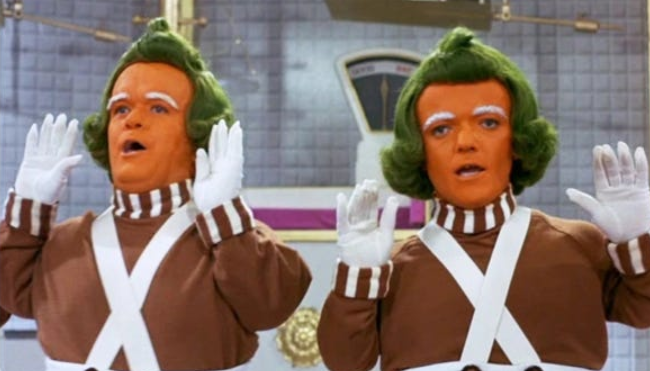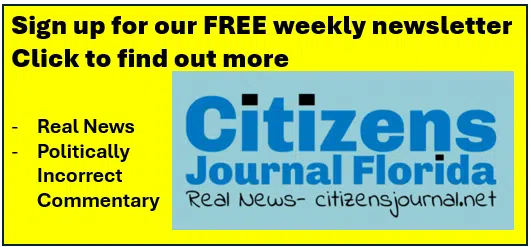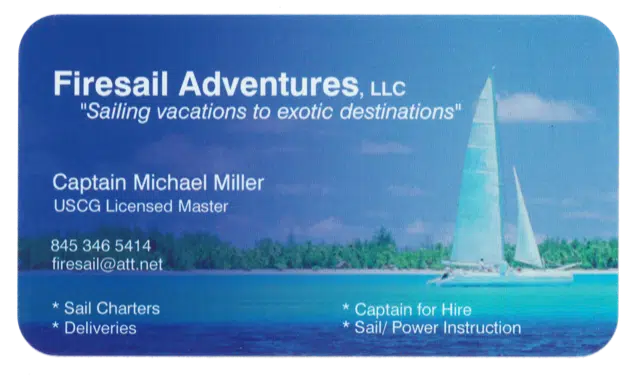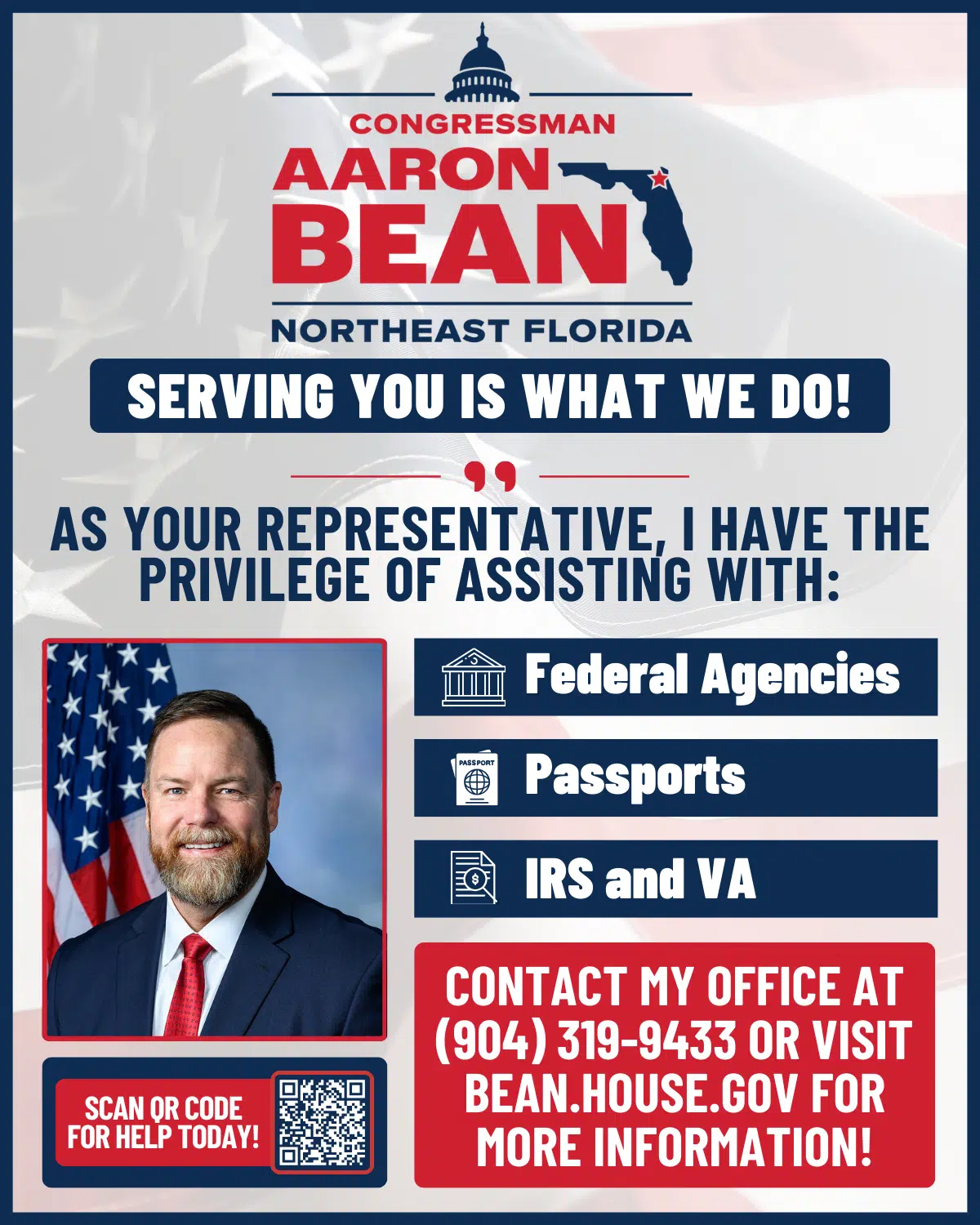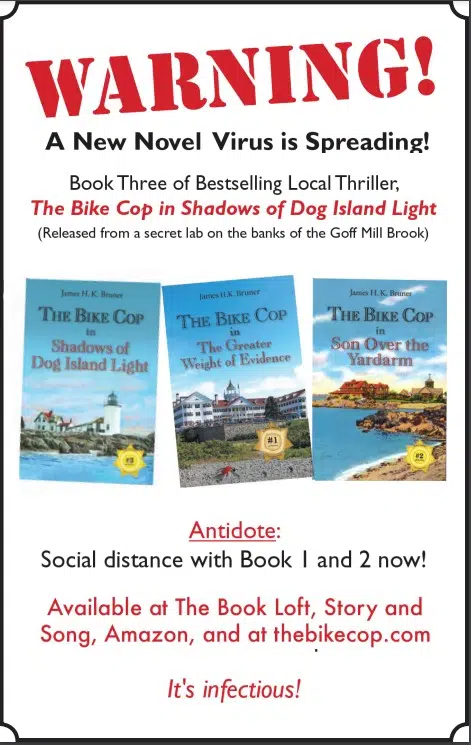Opinion
By Jeff Childers, 7-28-25
A quick-hitting special edition: Trump just reset the world’s chessboard with his weekend EU trade deal. Ignore the media framing. Here’s what it really means.
Good morning, C&C, it’s Monday! It’s a quick vacay roundup of the biggest news that just stole the news cycle: Trump’s most massive trade deal yet. And it just spun the planet on a new axis, even though corporate media is trying to smother the news under heavy, wet blankets of boring distractions. Let’s dig into this equally entertaining and world-changing story.
🌍 WORLD NEWS AND COMMENTARY 🌍
📈📈📈
Yesterday evening, the Wall Street Journal ran a story that shocked the expert class and reset world geopolitics, under the headline, “Trump and EU Reach Tariff Deal, Avoiding Trade War.” By itself, it was the largest of Trump’s trade deals yet, knocking out 27 member countries in one punch. Despite media downplaying and distracting, this might be the most geopolitically significant event in a generation. “This is the biggest of them all,” Trump told reporters.
https://www.youtube-nocookie.com/embed/TFqDZhor6rg?rel=0&autoplay=0&showinfo=0&enablejsapi=0
Put simply, regardless of what the headlines say, Trump just cleaned Europe’s clock. It’s not even close. It was a massive win for the United States. But for the Europeans, well, not so much. For them, it was kind of the opposite.
Beyond the carefully curated headlines, here’s one example of how catastrophically badly everyday Europeans are interpreting the deal. Yesterday, tech entrepreneur and influencer Arnaud Bertrand tweeted a long —but factually accurate— complaint about the deal. Bertrand called it “a massive one-way transfer of wealth with no reciprocal benefits,” and, rhetorically throwing up his neatly manicured hands, concluded, “this is Europe’s century of humiliation.”
Even more painfully, the top commenter wryly observed, “they skipped the war and just went straight to the Treaty of Versailles.” (Portlanders: The Treaty of Versailles ended World War I, with the Allies imposing crushing financial terms on Germany, which are often characterized as punitive humiliation. This new deal looks so bad to them that they’re comparing it to that despised treaty.)
At one point during the presser, after hearing the terms, a gobsmacked European reporter asked (in a thick accent), “But … what are ze US concessions? What is ze US giving up in ze deal, if anything?”
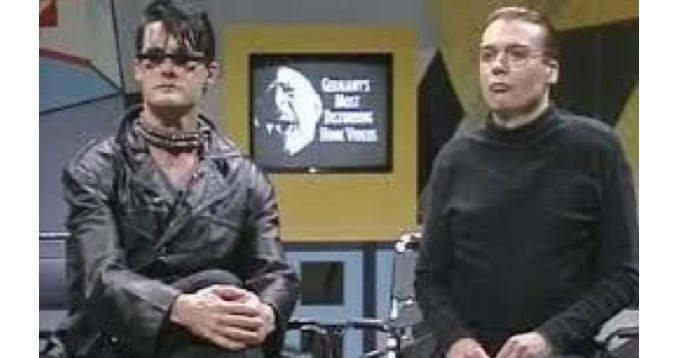
We conceded nothing, that’s what. Bupkis. Zip. So suck it, Klause.
📈 Here is the deal, as it has been described (nobody’s seen the paper version yet). President Trump and Commerce Secretary Howard Lutnick negotiated for the 27 EU countries to pay a 15% tariff on nearly all their exports to the U.S., including automobiles, semiconductors, and pharmaceuticals.
Meanwhile, the U.S. pays zero.
The EU also agreed to buy $750 billion in American energy products. The U.S. didn’t agree to buy any EU energy. Plus, the EU pledged to invest $600 billion into the U.S. economy. The U.S. made no pledges.
Do the math. Those two provisions alone generated $1.35 trillion in new income— new revenue for the U.S. that Trump generated in a single Sunday afternoon. Then he played golf.
Also remember that, while the $1.35 trillion in mandatory ‘investments’ juice our economy, they also generate even more federal revenue from taxes and royalties.
Finally, the E.U. agreed to reduce or eliminate its non-tariff barriers, like VAT taxes, unfair ‘green’ standards, and so on. It’s been a long-time Trump complaint.
📈 It was kind of sad, really. E.U. President Ursula von der Leyen almost apologetically explained that the 15% minimum level “was the best we could get.” She did her best. She limply shared that, “they were tough negotiations.” The New York Times lamented that it was “a trade deal that almost certainly won’t help the continental economy — but isn’t as bad as it could have been.”
Not as bad as it could have been? Talk about low praise. Well, Gaston, you gave away the farm, but at least we kept some chickens.
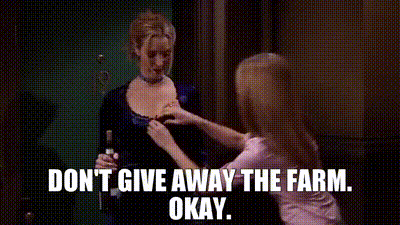
Finally, get this record-smashing turnaround: the Journal conceded that, “An EU deal with 15% baseline tariffs is likely to be welcomed by financial markets.” Not only will they accept it, they’ll welcome it! Only two months ago, Trump’s critics swore it would never work, he’d chicken out and drop everything —TACO!— and if he didn’t, it would crash the markets.
Now look. A few weeks later, and we have permanent, one-sided, 15% tariffs that are welcomed by the markets.
Welcome to TAW.
📈 Now that we can see the whole picture, the negotiation was classic Trump. He used one of the most basic tools from the negotiator’s bag: the anchor. On “Liberation Day” (April 2nd), he initially set the EU’s tariffs at 20%. Shortly after that, he kicked rates down to 10%. But then he threatened to jack them back up again, to 30%, unless the EU made a deal by August 1st (this Friday).
In other words, after watching tariffs flip faster than the betting odds at a Dublin dog track, the Europeans decided 15% looked like a bargain. It was half of the high-end threat barreling toward them like a freight train— 30% by Friday— and even lower than the 20% they’d started with on so-called Liberation Day.
For sellers, ‘anchoring’ means opening with a price much higher than what they’re actually willing to accept; say, 30%. When the deal closes at 15% —the price the seller really wanted— the buyer walks away feeling like they scored a win, even if it’s more than they ever planned to pay. It’s psychological jiu-jitsu. The same trick works in reverse, too: a buyer can lowball with a basement offer, then “concede” upward to a number they were fine with all along.
Here’s a simple example:
BILLY: How about you give me your lunch money?
PIERRE: What’s my other option?
BILLY: (Anchoring) How about I break your nose and make you drink toilet water?
PIERRE: I’ll take the first one. Here you go, it’s about three dollars.
The Europeans had no chance. Trump controlled the venue (his Scottish resort, Turnberry), he controlled the narrative (“correcting trade imbalances”), and he controlled the clock (the looming August 1st deadline). He broke the 20th-century mold by insisting Ursula do her job and actually negotiate for her own Union— instead of delegating the job to teams of stale, career bureaucrats who would’ve taken three years to work up the first 600-page draft.
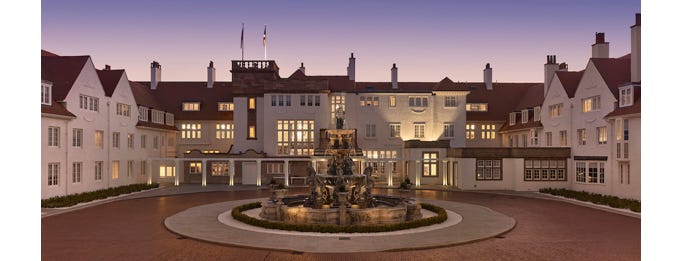
In other words, Trump said Ursula, YOU are the president, let’s talk. And that was that. No committees, no white papers, no multi-lateral conferences. Just Ursula and her negotiating skills. Which made her post-deal comment, “we got the best we could,” even more telling.
They had sneered at Trump’s “transactional diplomacy,” arrogantly laughing at the idea that a president—a president!—thought he could negotiate global tariff regimes in mere weeks.
After all, everybody knows that kind of high-stakes international finance requires years of delicate posturing, rotating State Department negotiating teams, interagency memoranda, travel consultants, and scores of weekday conferences at luxury resorts in Geneva, Davos, or at least a decent wine region.
Instead, Trump did it himself, in one swing, at Turnberry. On a weekend. Before tee time.
📈 Finally, let’s consider the absolutely wild geopolitical implications.
Trump’s tariff plan is now a success; the rest should fall like dominoes. As Trump said, this was “the big one.” With 27 EU countries and a handful of others now on the tariff books, it’s becoming painfully clear to the holdouts (cough, Canada, Mexico) that paying 15% is a best-case scenario. A growing sense of inevitability is greasing the skids. Trump is over the hump, and now he just has to mop up the kitchen.
The EU has been permanently diminished. The EU was supposed to be the last major defender of the globalist “rules-based order.” That myth is now bleeding out somewhere around Turnberry’s fourth hole. Europe thought it wore NATO Armor. But Trump just called them to heel, and everybody knows it. Europe can no longer be seen as a viable competitor to the US; it’s been exposed as a client state.
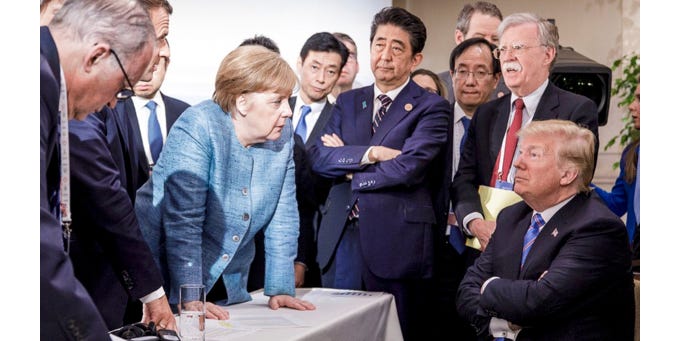
Ukraine just got a lot more unaffordable for Europe. Just last week, Trump told them outright: you want to buy weapons for Ukraine? Buy them yourselves. And now, after yesterday’s handshake at Turnberry, they’re suddenly on the hook to the U.S. for $1.35 trillion in energy purchases and investment commitments. That money’s not coming from Brussels’ magic beans fund. It’s coming out of real budgets. Which means every euro spent propping up Ukraine must now compete with the cost of staying on America’s good side.
China just watched America easily dominate the European Continent. Beijing just watched Trump bend the EU to his terms without firing a shot. The EU sacrificed cash, leverage, and pride, just to stay in the game. China knows its turn is coming soon, and it can see Trump’s method. Regardless of whatever it chooses to do next, China now harbors no illusions that Europe will stand up to America.
Globalism just suffered what could be its mortal blow. The European Union is the technocratic flagship of the globalist order. It was the shining example, built to transcend nationalism, to outlast politics, to bind economies into a ‘rules-based’ utopia. Instead, it just struck a bilateral, asymmetrical, no-frills deal —no WTO framework, no UN blessing, no OECD oversight. It broke ranks and cut a check.
So what becomes of globalism now? If national leaders can meet together on the weekend and hammer out global trade deals in a single afternoon over haggis, for what purpose do we even need organizations like the WTO, IMF, and the World Bank? They are shriveling on the vine, like a dying grape orchard in a time-lapse video.
Finally, note the most delicious irony of all. Ursula von der Leyen and her pompous team of elite European functionaries were outmaneuvered, outpaced, and outplayed by a man they’ve long framed as an orange-colored buffoon. They showed up in their tailored, bespoke suits holding their neatly typed policy briefs, but by the end of the day, they were shuffling out of Turnberry like chastened Oompa Loompas who just got scolded by Willy Wonka for touching the blueberry tariff dial without permission.
Now, it’s the Europeans who look orange-colored. So there.
Have a magnificent Monday! C&C will return tomorrow with another great roundup of essential news and commentary.
Don’t race off! We cannot do it alone. Consider joining up with C&C to help move the nation’s needle and change minds. I could sure use your help getting the truth out and spreading optimism and hope, if you can: ☕ Learn How to Get Involved 🦠
How to Donate to Coffee & Covid
Twitter: jchilders98.
Truth Social: jchilders98.
MeWe: mewe.com/i/coffee_and_covid.
Telegram: t.me/coffeecovidnews
C&C Swag! www.shopcoffeeandcovid.com


